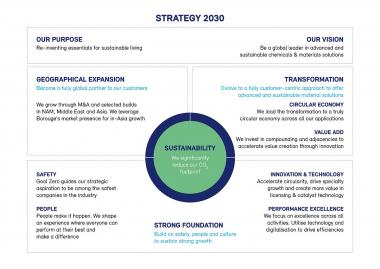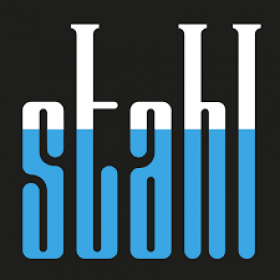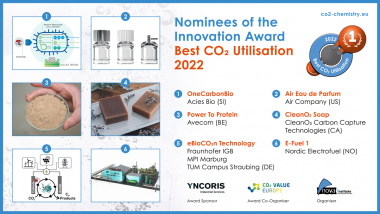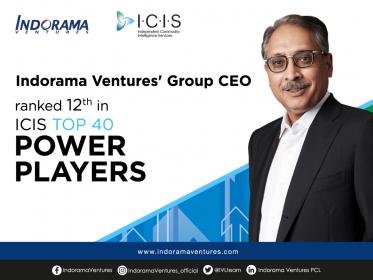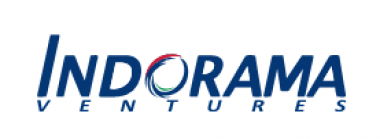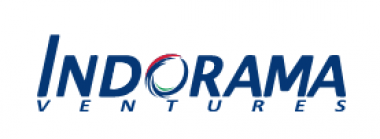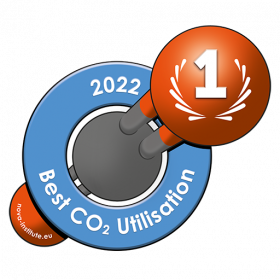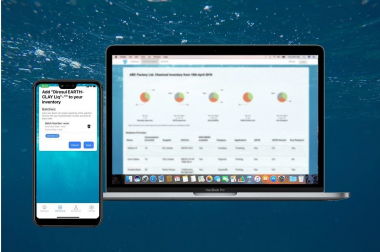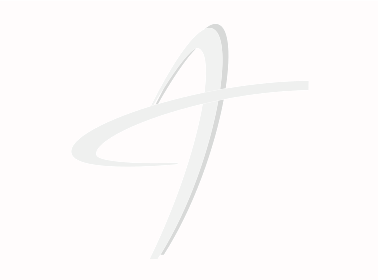RUDOLF celebrates its 100th birthday at TECHTEXTIL
- New product initiatives and a system solution.
In the year of its 100th birthday RUDOLF will be at TECHTEXTIL to present its latest innovations and process solutions. Since 1922, RUDOLF offers a wide portfolio of specialty chemicals aiming to increase innovation and sustainability along the entire value chain, from fiber to finish.
At TECHTEXTIL, RUDOLF will present four new product initiatives and one system solution. The Company will hold “Conscious Performance” short seminars at its booth to present them.
New product initiatives
BIO-LOGIC® - Performance products with bio-carbon at core. Textile functionality is ensured through natural, renewable raw materials that are neither chemically nor genetically modified and that are not competing as food, feed or fuel.
CYCLE-LOGIC® - A new path: the upcycling of post-consumer, disposable and non-returnable plastics into valuable textile chemistry. Recycled PET bottles are now raw material for the manufacturing of some of our textile auxiliaries without attacking new, virgin resources.
PRISTINE® - Hygiene and freshness from continuous R&D advances. RUDOLF’s new ingredient brand that groups all high-performing technologies for textile hygiene, protection and freshness.
BIONIC FINISH® ECO - An idea borrowed from Mother Nature. Based on proprietary dendrimer technology, RUDOLF presents an extended family of unique fluorine-free DWR formulations suited for different materials and designed for different applications and needs.
New system solution
ECO-LOGIC® - Two-steps process designed and managed by RUDOLF’s specialists in textile process chemistry. It simulates, analyses and measures the environmental impact of a given industrial textile process to then provide insights into the optimization of resources, costs and CO2 emissions..
RUDOLF GmbH







